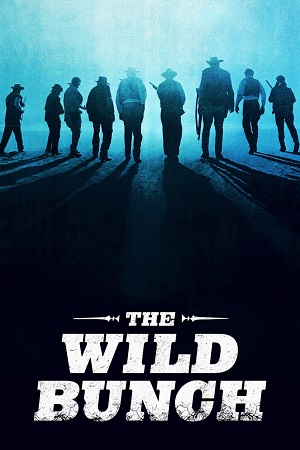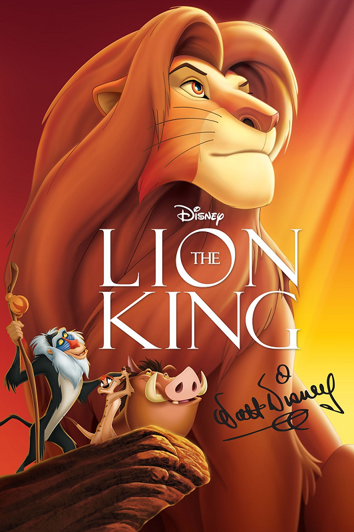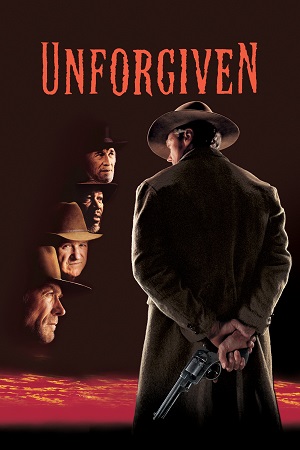The Wild Bunch (1969)

The Wild Bunch is a 1969 American epic Western film directed by Sam Peckinpah. The film is widely regarded as a classic in the Western genre and is known for its innovative and influential approach to portraying violence on screen. The Wild Bunch is set in the early 20th century and follows a group of aging outlaws as they plan one last big score in the midst of the Mexican Revolution.
The film stars an ensemble cast including William Holden, Ernest Borgnine, Robert Ryan, Edmond O'Brien, Warren Oates, and Ben Johnson. The performances of the actors, combined with Peckinpah's direction, contribute to the film's enduring impact on the Western genre.
The Wild Bunch is notable for its portrayal of violence, which was groundbreaking for its time. The film features intense and graphic action sequences that challenged traditional Hollywood conventions. Peckinpah's use of slow motion and quick cutting during the violent scenes was innovative and controversial, leading to widespread debate about the depiction of violence in cinema.
In addition to its groundbreaking approach to violence, The Wild Bunch is also celebrated for its complex characters and themes. The film explores the moral ambiguity of its protagonists, who are depicted as both ruthless outlaws and sympathetic anti-heroes. This nuanced portrayal of the characters adds depth and complexity to the narrative, elevating The Wild Bunch above traditional Western tropes.
The Wild Bunch also addresses larger themes such as the passage of time, the decline of the Old West, and the impact of industrialization on American society. These thematic elements contribute to the film's status as a thought-provoking and socially relevant work of cinema.
The film's production was not without challenges, as Peckinpah faced resistance from the studio and censorship boards due to the graphic nature of the violence. Despite these obstacles, The Wild Bunch was ultimately released to critical acclaim and has since become a landmark in the history of American cinema.
The Wild Bunch's impact extends beyond its initial release, as it has influenced countless filmmakers and films in the years since. Its innovative approach to storytelling, character development, and action sequences has left an indelible mark on the Western genre and cinema as a whole.
In conclusion, The Wild Bunch stands as a testament to the power of filmmaking to push boundaries and challenge conventions. Its enduring legacy is a testament to the vision of Sam Peckinpah and the talented cast and crew who brought his vision to life. The film's exploration of violence, morality, and societal change continues to resonate with audiences, solidifying its place as a timeless classic in the pantheon of American cinema.
Related News
Top 10 Best Science Fiction Movies of All Time
Science fiction is a genre that explores the imaginative and often speculative possibilities of science, technology, and the future. It can range from realistic scenarios to fantastical worlds, from hard science to space opera, from dystopian nightmares to utopian visions. Science fiction movies hav
The Top 10 Best Comedy Movies of All Time
Comedy movies have been a beloved genre in the film industry for decades, providing audiences with endless laughter and entertainment. From classic slapstick humor to witty, satirical storytelling, comedy films have a timeless appeal that transcends generations. In this article, we will explore the
10 Best Films Starring Leonardo DiCaprio
Leonardo DiCaprio is one of the most talented and versatile actors of his generation, who has starred in a wide range of genres, from romance to thriller, from drama to comedy, from biopic to sci-fi. He has worked with some of the most acclaimed directors, such as Martin Scorsese, Christopher Nolan,
The Departed(2006)
"The Departed" is a crime thriller film that was released in 2006. Directed by the acclaimed Martin Scorsese, the film is a remake of the 2002 Hong Kong film "Infernal Affairs" and is also loosely based on the real-life Boston Winter Hill Gang. The film is a chilling exploration




Comment Record:
Reply to comments: